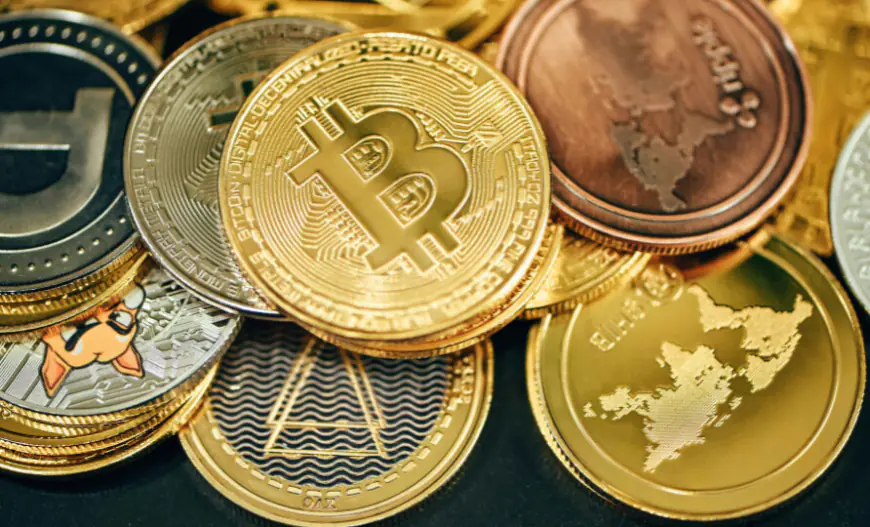BOJ rate hike dilemma could have a Bitcoin spillover effect
The Bank of Japan (BOJ) could refrain from another rate hike in 2024, as per the former BOJ board member Makoto Sakurai. JP Morgan’s head of global rates, Seamus Mac Gorain, also sees this as the likely scenario. However, another report finds that 22 of 34 economists see another hike this year. In response, crypto […]

The Bank of Japan (BOJ) could refrain from another rate hike in 2024, as per the former BOJ board member Makoto Sakurai. JP Morgan’s head of global rates, Seamus Mac Gorain, also sees this as the likely scenario. However, another report finds that 22 of 34 economists see another hike this year.
In response, crypto commentators believe that, unlike the equity market, Bitcoin and the rest of the cryptocurrencies are immune to monetary policy decisions. But the “portfolio balance channel” theory suggests otherwise.
Japan interest rates in focus as bets on no rise increase
Some analysts and commentators believe that Japan is unlikely to raise interest rates in 2024 as it lead to a market meltdown. In a recent interview, former board member Makoto Sakurai stated, “They won’t be able to hike again, at least for the rest of the year. It’s a toss-up whether they can do one hike by next March.”
A near-zero interest rate seems more conventional for any economy that has to deal effectively with inflation. The BOJ set a target to keep inflation at around 2%. This time, economists argue that a slightly higher cost of borrowing money can be healthy.
Sakurai agrees that hiking the interest rate by 0.25% is a necessary step to normalize monetary policy, but he cautions that the BOJ should “wait and see for a while” before making further decisions. Meanwhile, the market calls on the poor timing of a hike.
Sakurai remarked that this is what happens “when you overstep the line.”
Reports have noted that the developments in Japan did not fully explain the equity market volatility and external factors, particularly from the US, had a major role. Cryptopolitan previously noted that disappointing US payroll data, lower-than-expected earnings from top tech companies by market cap, and the possibility of a recession were partly responsible for a market meltdown.
But looking back at all these factors, Seamus Mac Gorain, the head of global rates at JPMorgan Asset Management, noted that while there is room for the BOJ to cut rates, it is dependent on the Federal Reserve’s policy action and the state of the US economy. Further noting that if the US is in a recession, any rate hike would be possible only in 2025.
But market sentiment is mixed with around 22 of 34 economists surveyed reportedly anticipating a rise again before the end of 2024. traders are less confident. However, the likelihood of that has gone down.
Bitcoin market may not be as immune as proponents think.
Since the market turmoil unfolded last week, crypto proponents have been detaching Bitcoin from the equity markets and calling it the “way out” of central banks-led sell-offs.
Still kinda crazy that Japan BARELY raised rates above zero and then had to cancel all their future plans because stocks had their biggest selloff in decades.
The entire global financial system only works if central banks prop it up with stimulus.$BTC is the only way out. pic.twitter.com/ynuqAO1iFJ
— Luke Martin (@VentureCoinist) August 9, 2024
Investment researcher Jim Bianco pointed to the “portfolio balance channel” in an X post, which implies that any financial market disruption would have broader repercussions. Apart from the Japanese domestic market, the market downturn and subsequent recovery impacted other indices like the S&P 500. While the theory doesn’t specifically include Bitcoin and the crypto market, a spillover effect is hard to deny.

Firstly because crypto used as investment like stocks and bonds is impacted by shift in money within portfolios. Secondly, disruption in the investment pool due to change in attractiveness of one asset class, could always impact the other.
Therefore, Bitcoin’s price weakness and its subsequent price recovery appears to be impacted by the broader market in a recent example.
What's Your Reaction?









































































































